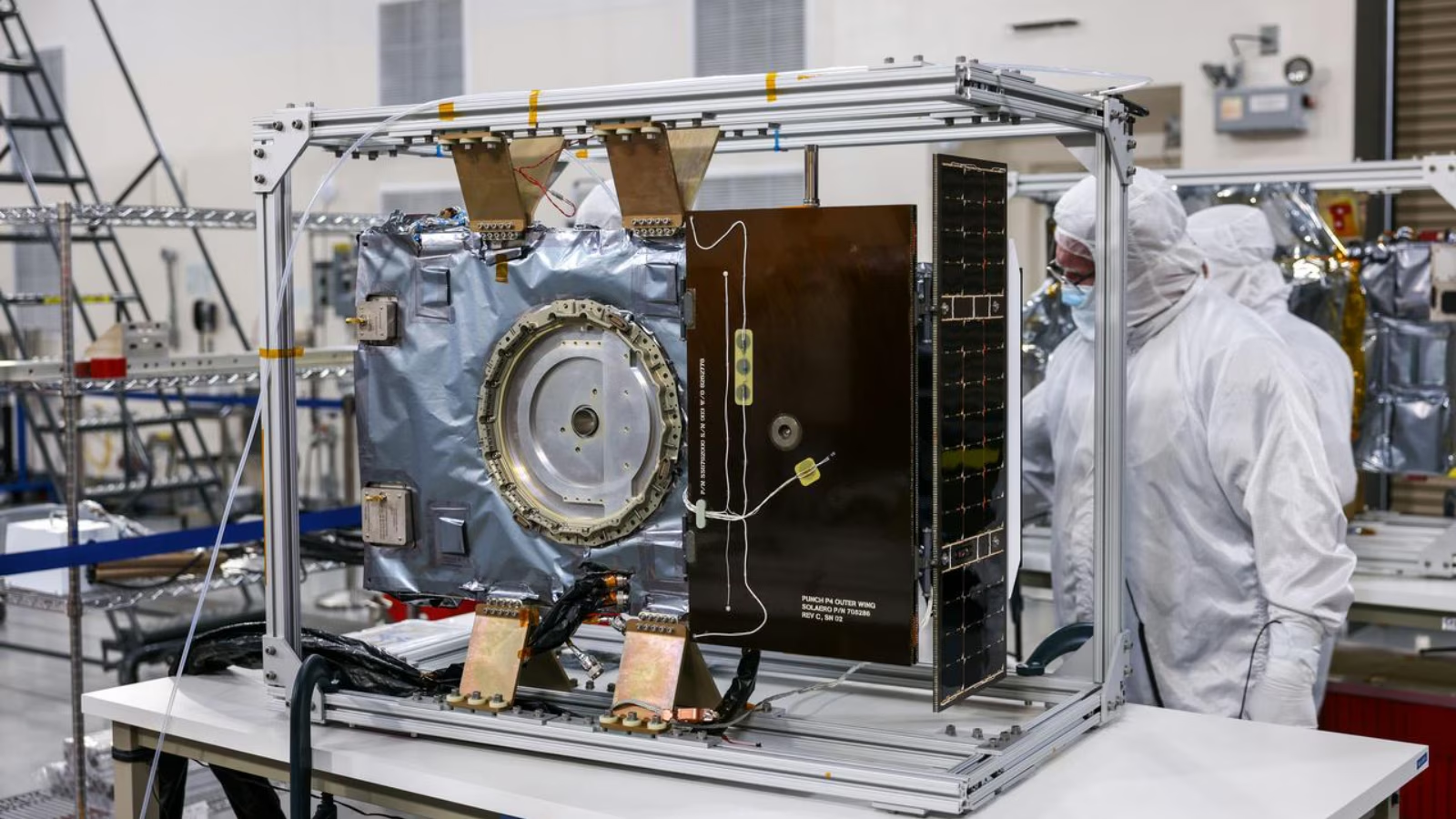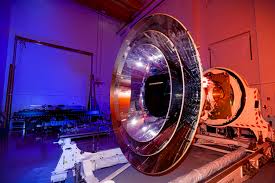- Courses
- GS Full Course 1 Year
- GS Full Course 2 Year
- GS Full Course 3 Year
- GS Full Course Till Selection
- CSAT
- 5 LAYERED ARJUNA Mentorship
- Public Administration Optional
- Online Program
- GS Recorded Course
- NCERT Batch
- Polity Module Course
- Geography Module Course
- Economy Module Course
- AMAC Module Course
- Modern India, Post Independence & World History Module Course
- Environment Module Course
- Governance Module Course
- Science & Tech. Module Course
- International Relations and Internal Security Module Course
- Disaster Management Module Course
- Ethics Module Course
- Essay Module Course
- Current Affairs Module Course
- ABOUT US
- OUR TOPPERS
- TEST SERIES
- FREE STUDY MATERIAL
- VIDEOS
- CONTACT US
UP cabinet clears new rules for DGP appointment through selection committee
UP cabinet clears new rules for DGP appointment through selection committee
07-11-2024
- In November 2024, The Uttar Pradesh (U.P.) government introduced new rules under the Police Act of 1861, which is from the British era. for the selection and appointment of the state’s Director General of Police (DGP).
- According to the Director General of Police, Uttar Pradesh Selection and Appointment Rules, 2024, the selection committee will now be headed by a retired High Court judge instead of following the earlier process, which involved sending names to the Union Public Service Commission (UPSC).
- This move aims to ensure that the selection is independent and free from political influence.
- The decision comes after the state has been without a regular DGP since 2022, with concerns about the lack of a permanent police chief.
Background and Context:
|
Main Points of the New Rules:
-
Selection Committee Setup:
- A retired High Court judge will lead the committee for selecting the DGP.
- The committee will also include:
- The Chief Secretary of U.P.
- A representative from UPSC.
- A representative from the Uttar Pradesh Public Service Commission (UPPSC).
- The Additional Chief Secretary or Principal Secretary of the Home Department.
- A retired DGP from U.P.
- The aim of this committee is to ensure that the selection is fair and independent without being influenced by politics.
-
Eligibility Requirements:
- Only officers who have at least 6 months of service left from the time the DGP position becomes vacant will be eligible.
- Only senior officers already holding the position of DGP at Level 16 of the pay scale will be considered.
-
Tenure of DGP:
- The minimum tenure for the appointed DGP will be 2 years.
- Once selected, the DGP will serve for at least 2 years, which ensures stability in the police leadership.
- This provision aims to provide the DGP with adequate time to implement long-term police reforms and policies without fear of arbitrary removal.
-
Skipping UPSC:
- Instead of sending a list of senior officers to the UPSC, as was done earlier, the state will now directly appoint the DGP through this new committee system.
- This is a big change, as it bypasses the central government’s role and UPSC in the selection process, which has led to some criticism.
-
Following Supreme Court Guidelines:
- The new rules are designed to follow the Supreme Court’s 2006 ruling that said states should ensure independent appointments for DGPs.
- However, some believe that bypassing the UPSC might go against what the Court had ordered.
-
Conditions for Removal of the DGP:
- The DGP can only be removed before the completion of the two-year term under specific circumstances:
- If a criminal case or corruption charges are filed against the DGP.
- If the officer fails to discharge their duties adequately.
- This provision is in line with the Supreme Court's guidelines on police reforms, which aim to ensure that the police chief is not removed based on political pressure.
- The DGP can only be removed before the completion of the two-year term under specific circumstances:
Comparison with Police Appointment Procedures in Other States:
- Punjab had earlier passed the Punjab Police (Amendment Bill), 2023, to bypass the UPSC for selecting the DGP.
- The Bill is still pending approval by the President of India, after being sent to the Union Ministry of Home Affairs for review.
- U.P., however, did not make a new law but instead used the Police Act of 1861 to introduce new rules for DGP selection.
- Maharashtra: Maharashtra follows a process where the Chief Minister has significant control over the appointment of the DGP, which has sometimes led to allegations of political interference.
- Delhi: Delhi’s DGP is appointed by the Lieutenant Governor, and the process has been scrutinized for not being fully autonomous from political control.
- Kerala and West Bengal: Both states have independent selection committees for DGP appointments, aligning more closely with the model being introduced in Uttar Pradesh.
Comparison with the UPSC Appointment Process for State DGPs:
-
Union Government’s Role in DGP Appointments:
- Under the UPSC process, an Empanelment Committee, headed by the UPSC Chairperson, creates a list of 3 senior officers from which the state government must choose one for the DGP position.
- The committee also includes:
- Union Home Secretary,
- Chief Secretary of the state,
- State DGP,
- A senior officer from Central Armed Police Forces (CAPF).
- The state government is expected to follow this procedure as per the Supreme Court’s directions in 2006.
-
UPSC Guidelines:
- Officers must have at least six months of service left before retirement to be eligible.
- Candidates need a minimum of 10 years’ experience in areas such as law and order, crime investigation, economic offenses, or intelligence.
- The selection process also excludes officers on central deputation if they cannot be relieved by the Union Home Ministry (MHA).
Impact of the New Rules:
- If these rules are followed correctly, the independent appointment of the DGP could reduce political interference and give the police force more stability and professional leadership.
- Bypassing the UPSC could raise constitutional questions. The Supreme Court had emphasized the need for a transparent and impartial process, and this change may be seen as going against that principle.
- A permanent DGP with a clear and long tenure could help bring better leadership and order to the police force, improving its efficiency and response to crime in the state.
Context of the Supreme Court’s 2006 Order:
The Supreme Court's order on September 22, 2006, in the Prakash Singh case, is a landmark judgment in the history of Indian police reforms. The Court emphasized the need for:
Supreme Court’s Prakash Singh Judgment (2006) on Police Reforms:
- Prakash Singh, a former DGP, filed a Public Interest Litigation (PIL) in 1996, seeking reforms to free the police from political influence.
- Supreme Court Ruling (2006):
The Court gave six key directives for police reforms:- Tenure Security: The IG and DGP must have a minimum tenure of two years to prevent political interference.
- Separation of Powers: The investigation and law and order functions should be separated to improve policing. This should start with large urban areas and expand to smaller areas.
- Police Establishment Board (PEB): A PEB should be set up to handle transfers, postings, promotions, and other matters related to police officers below the rank of Deputy Superintendent of Police (DSP).
- State Police Complaints Authority (SPCA): A SPCA should be established at the state and district level to provide a platform for citizens to file complaints against police misconduct.
- National Security Commission: A National Security Commission should be created to appoint chiefs of Central Police Organizations (CPOs).
- State Security Commission: A State Security Commission should be set up to ensure the independence of the police, with civil society members included in its functioning.
Conclusion:
The Uttar Pradesh government’s new rules for appointing the DGP represent a shift in how the state intends to handle police leadership. While the government argues that the new rules ensure transparency and independence, there are concerns that bypassing the UPSC could violate Supreme Court guidelines. The success of these rules will depend on how they are implemented and whether they stand up to legal scrutiny.




